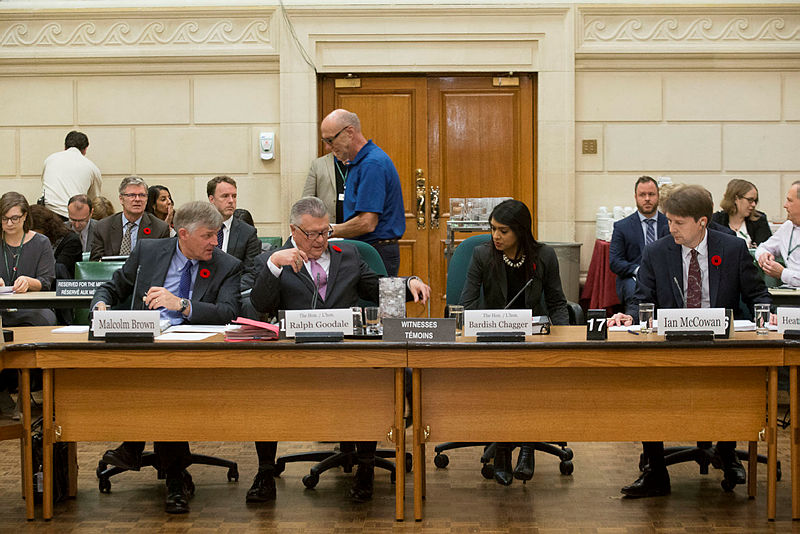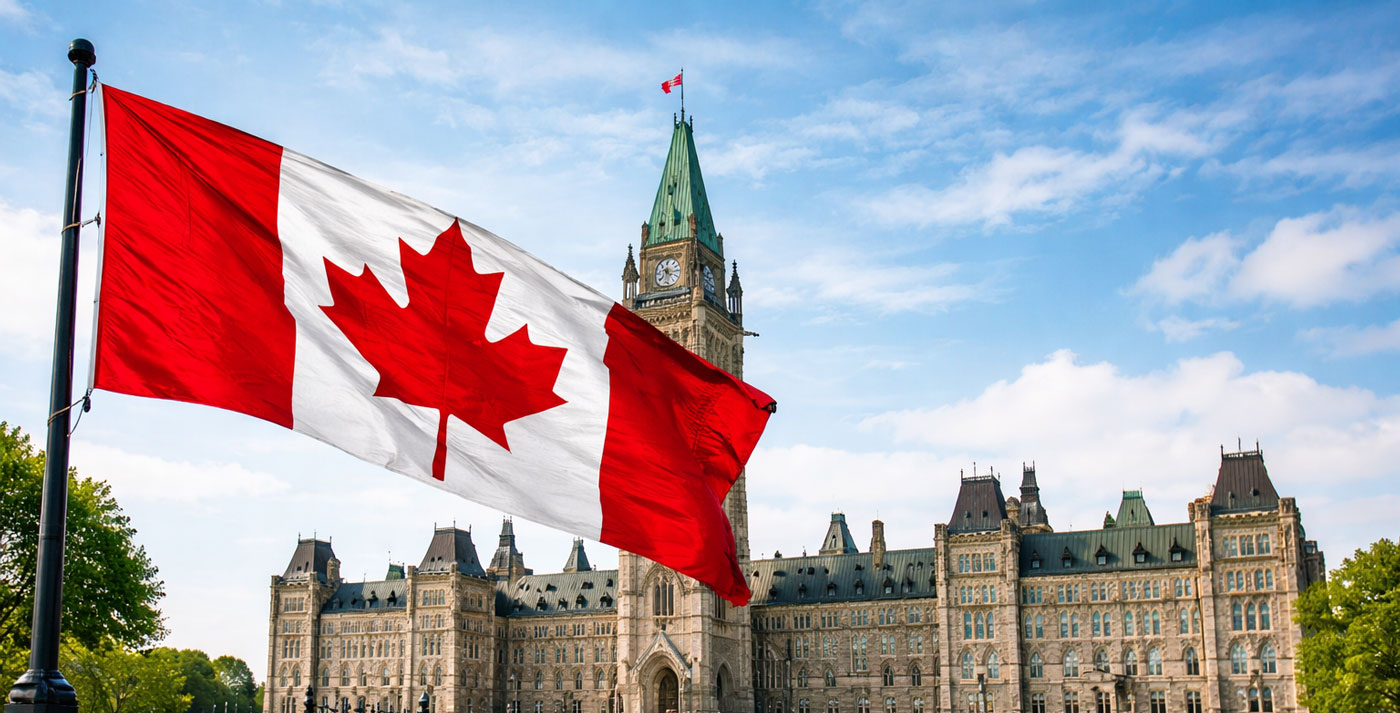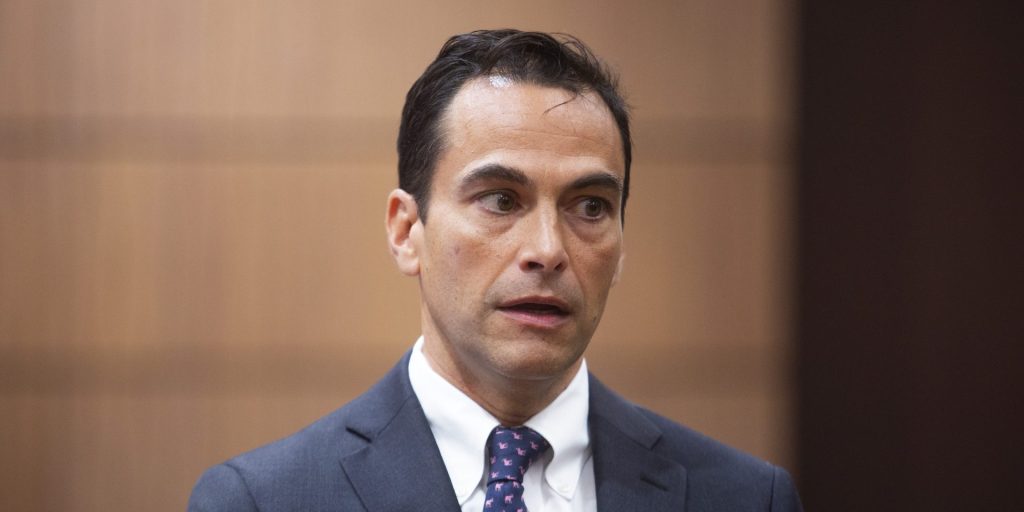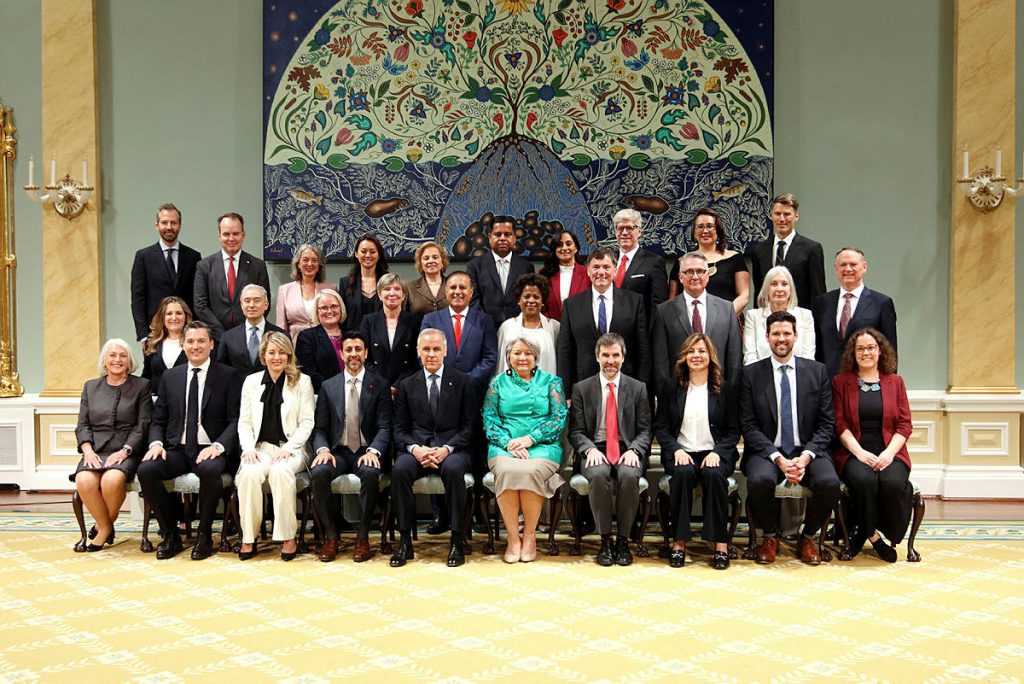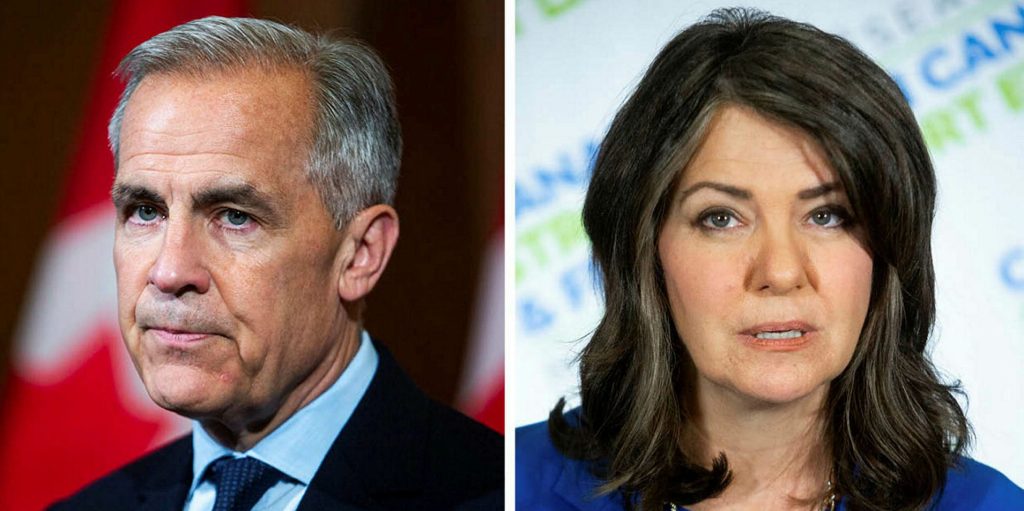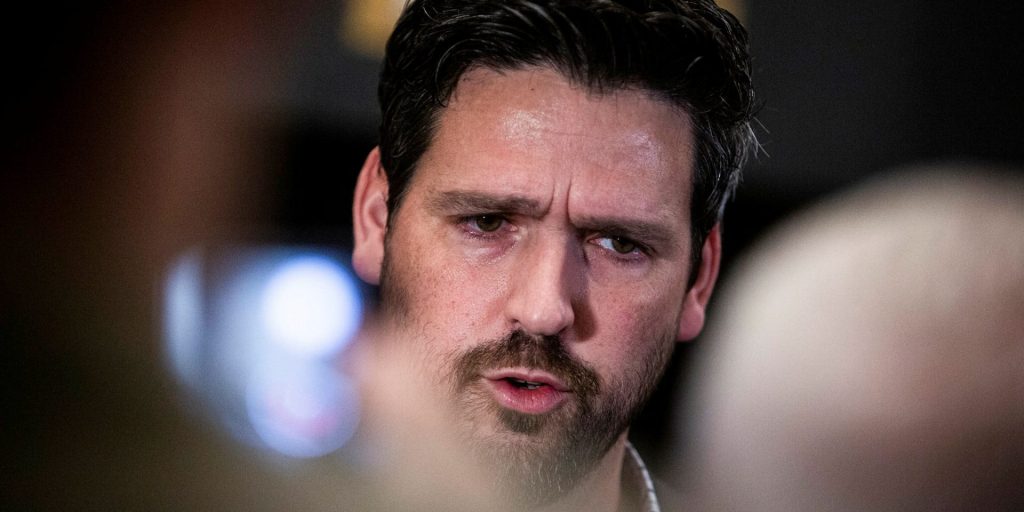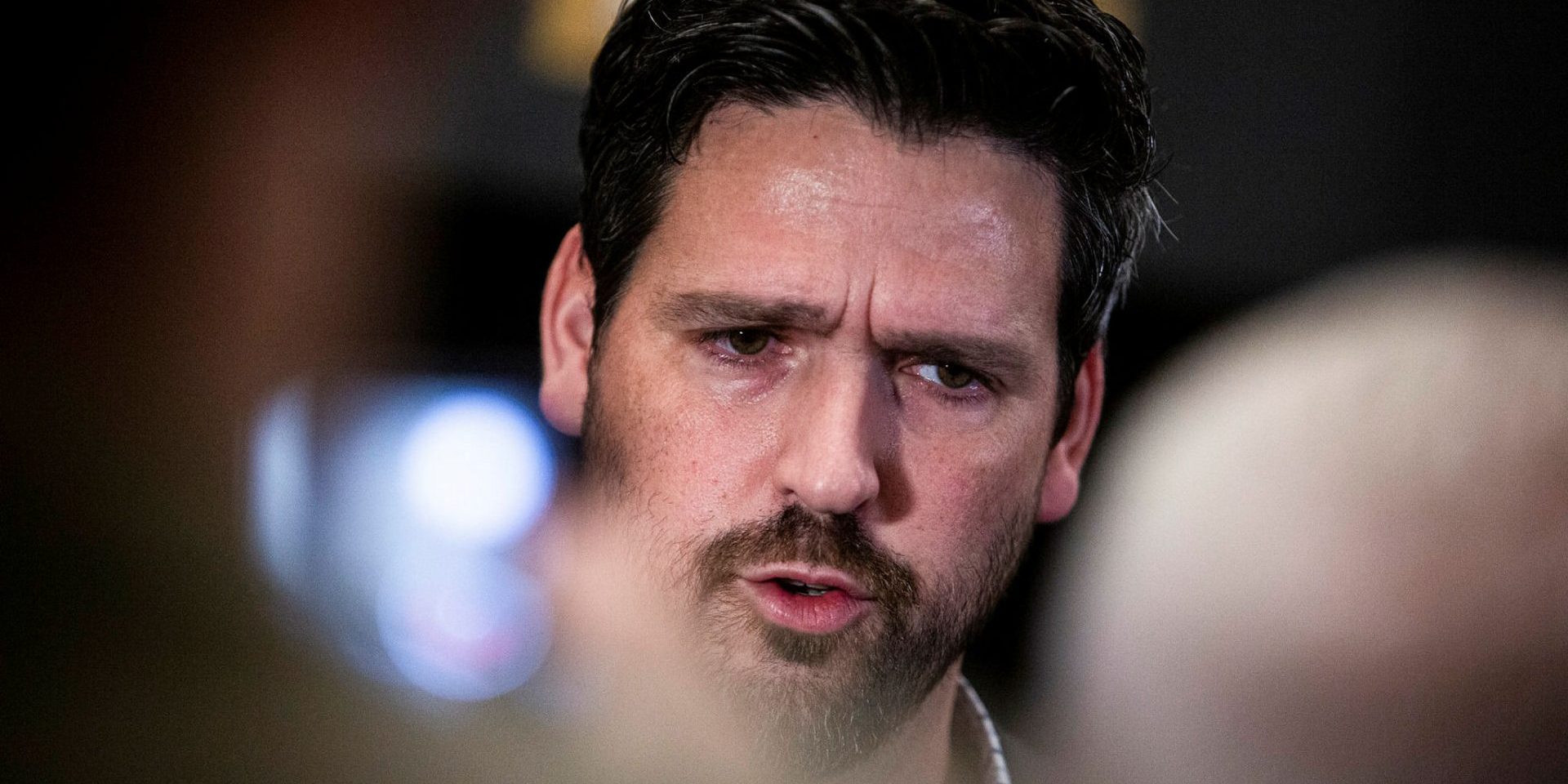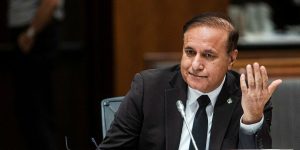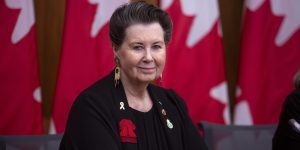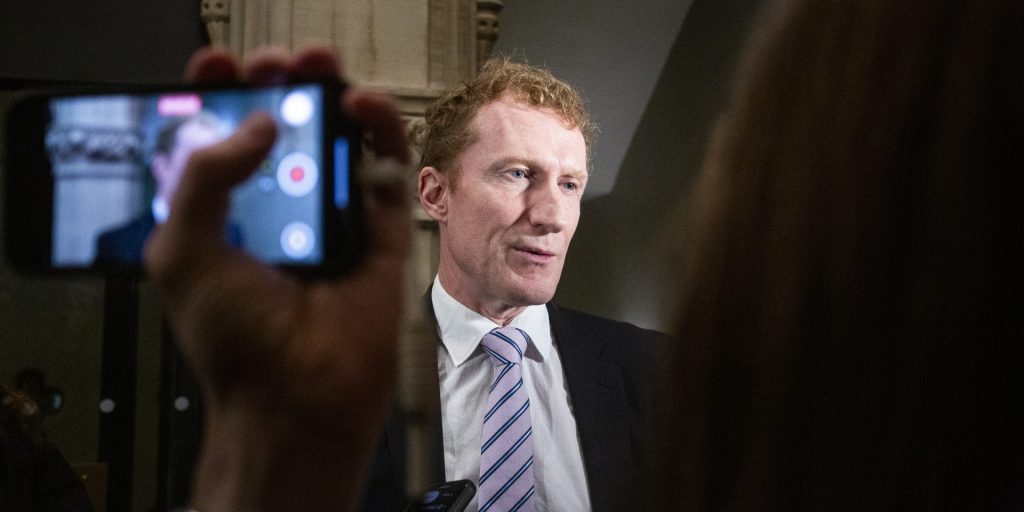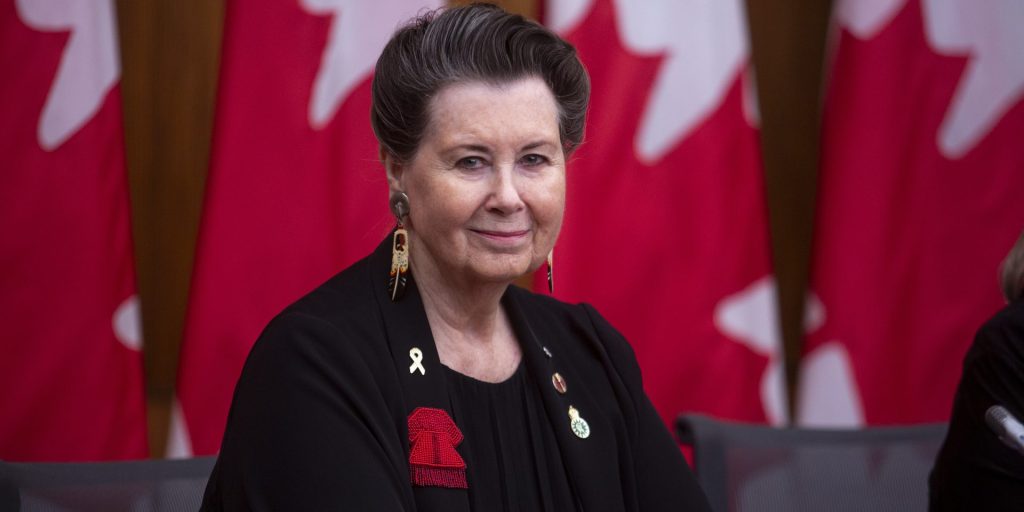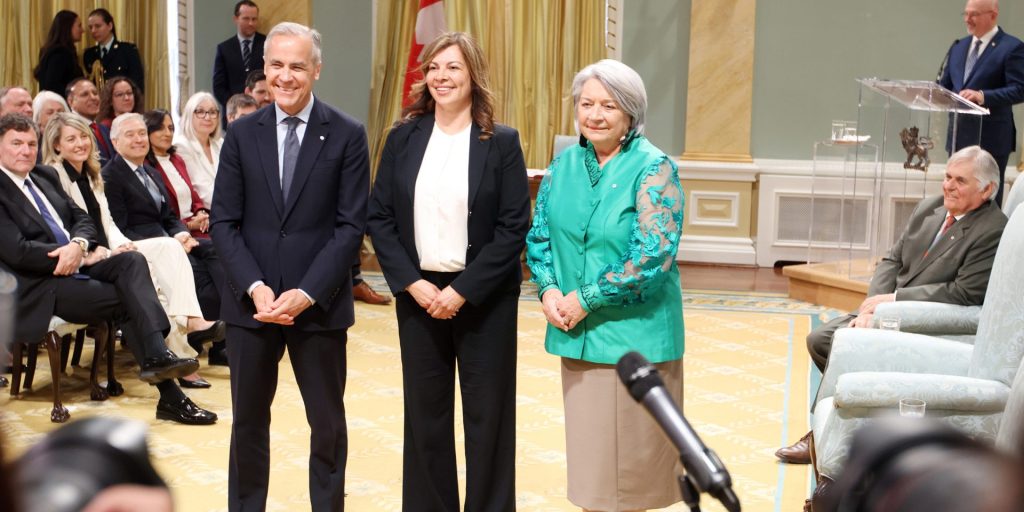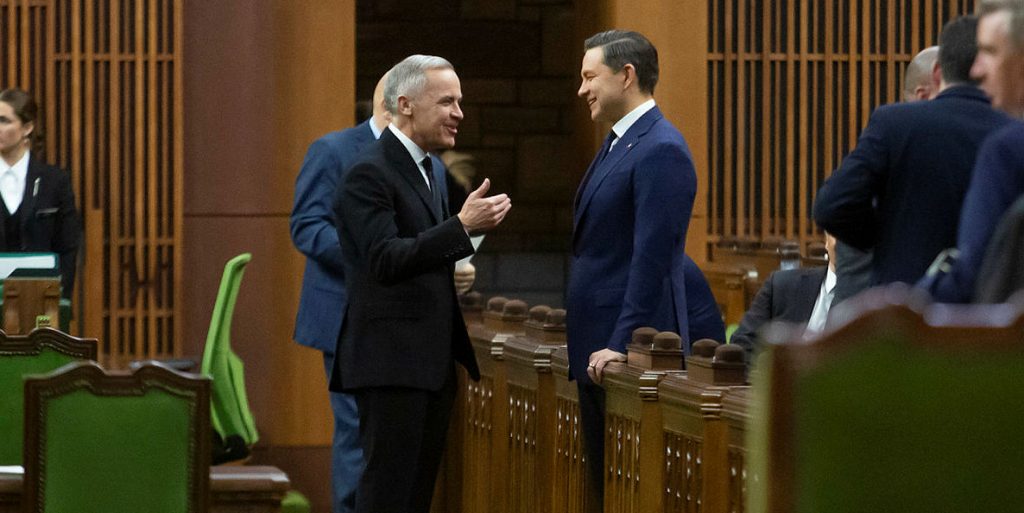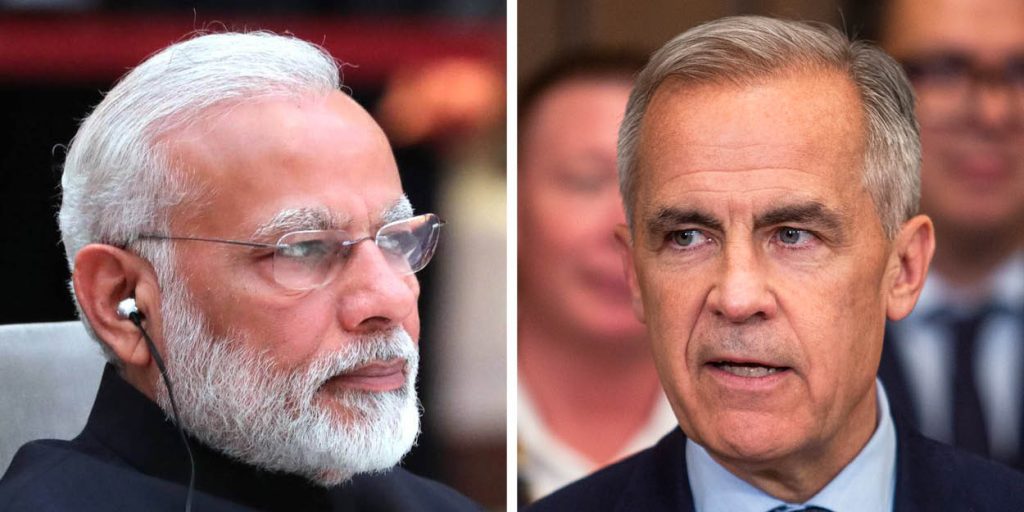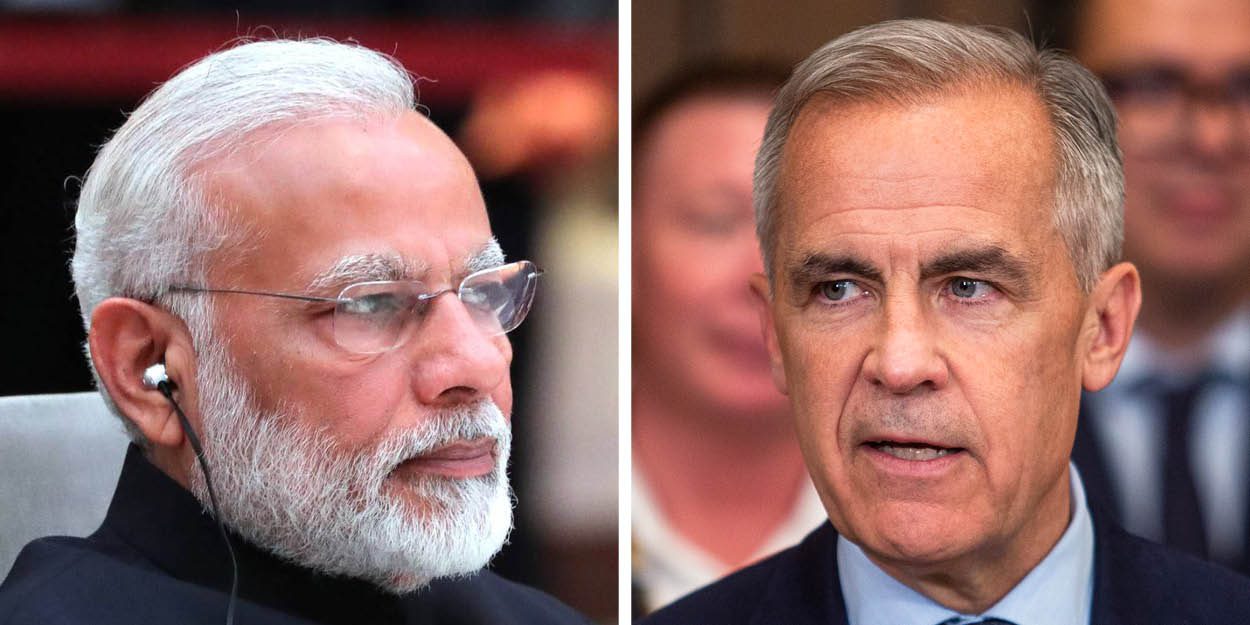Sponsored content
sponsored content
Become a Political Insider
Sign up for Today's Headlines newsletter now
By entering your email address you consent to receive email from The Hill Times containing news, analysis, updates and offers. You may unsubscribe at any time. See our privacy policy
FOLLOW THE HILL TIMES:
Want to make sure your whole office has the full Hill Times experience?
We have team plans available for companies, organizations, classes, Parliament Hill offices and more. Fill out this form and find out if your team is eligible for a discount.
More News
- Bill C-9, the Combatting Hate Act, has faced delays since it was introduced in the House back in September.
- Bill C-9, the Combatting Hate Act, has faced delays since it was introduced in the House back in September.
Most POPULAR
1
2
3
4
5
6
7
8
9
10
Related Stories
- Plus, Poilievre plans to meet the Reform UK Party Leader Nigel Farage in London, England.
- Plus, Poilievre plans to meet the Reform UK Party Leader Nigel Farage in London, England.


- Politics
- Foreign Policy
- Lobbying
- Legislation
- Policy Briefings
- Politics This Morning
- Hill Climbers
- Civil Circles
- Heard On The Hill
- Election
- Finance and Budget
- Public Service
- Exclusive Lists
- Parliamentary Calendar
- Top 100 Lists and Exclusive Features
- Podcasts
- This Week's Paper
- Search
- Archives
- Digital Newspaper Archives
- Politics
- Foreign Policy
- Lobbying
- Legislation
- Policy Briefings
- Politics This Morning
- Hill Climbers
- Civil Circles
- Heard On The Hill
- Election
- Finance and Budget
- Public Service
- Exclusive Lists
- Parliamentary Calendar
- Top 100 Lists and Exclusive Features
- Podcasts
- This Week's Paper
- Search
- Archives
- Digital Newspaper Archives
-
Get free news updates
